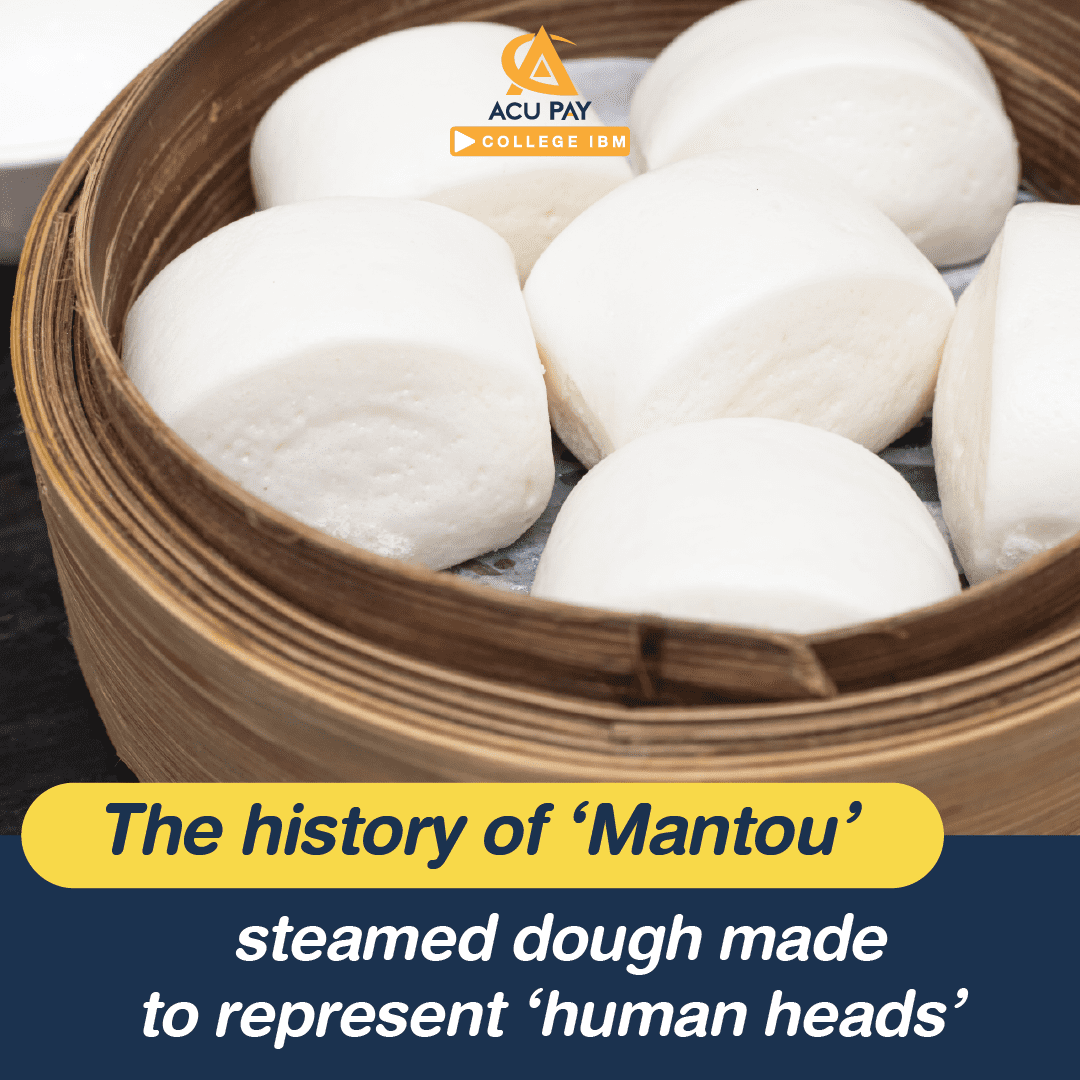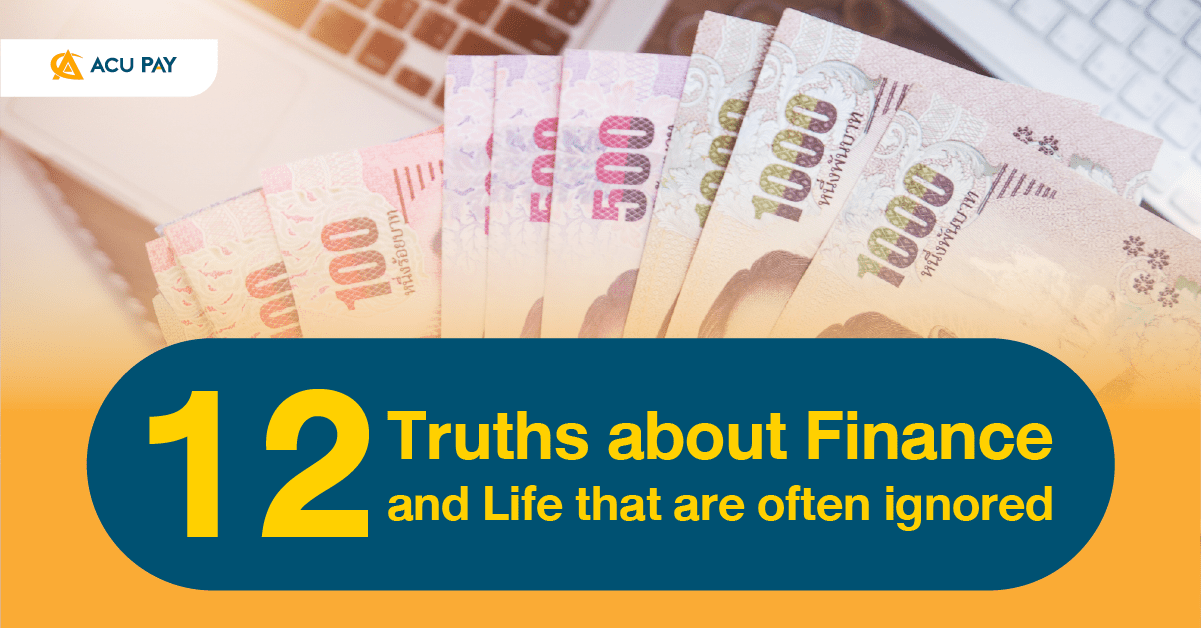

Some knowledge and education are not limited to classrooms only, and some life experiences have never been taught in classrooms either. This time, ACU PAY brought an article from Morgan Housel, the author of “The Psychology of Money.” for you. Housel noticed and came up with ideas from business and investment that no one else had taught us in school unless we learned to experience it ourselves.
Let’s switch from the question “What makes them think like that?”, to the question, “What do they have been through till they have the thought like that?” Then, we will get a different perspective.
We all like to comment on everything, and sometimes we don’t have to express our thoughts. Nothing is wrong if sometimes you say “I don’t know”
Ego, refusing to change his attitude, cannot communicate with others and does not compromise with the team.
We never thought that what we didn’t know would disprove everything we believed in, but no one actually knew everything. That’s why you should be open-minded.
Because we already know how this will end and we don’t forget about today, but we may have forgotten how difficult it was before.
Without breaking down easily, and learning this new thing will help you learn better than always thinking you’re right.
This is especially important in investments where we often don’t know who our competitors are.
However, that person turned out to be the one that easy to work with and had good habits. Hausel said, “Emotional intelligence is more important than textbook intelligence” to the extent that Hausel wants this to be taught in school.
The more experience you have, the less accuracy you see but the more mistakes you make by underestimating luck and skill. Success is not measured only by skill but also by timing, action, and luck.
If you’re a receiver who can’t understand what the author needs to imply, maybe either the writer’s bad at communication or he/she is deliberately bluffing.
Because of this, successful businessmen and investors often have a feeling “up to you”
This is common in all walks of life. People who write articles about the benefits and education of finance, although there may not be many, she/he is still in love with what she/he does, or the number of people on the richest list in Forbes has a relatively large number of people who never do it for money.